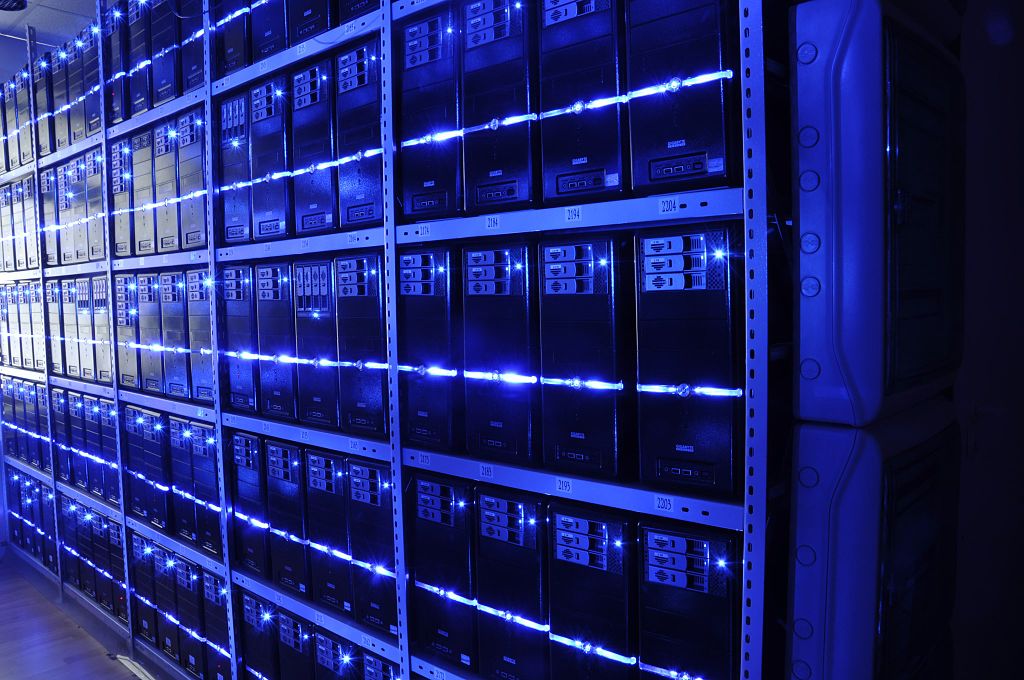ASHRAE recently released “Liquid Cooling Guidelines for Datacom Equipment Centers,” second edition, a guide for implementing liquid cooling systems in data centers. The guide provides guidelines on interface requirements between chilled-water systems and technology cooling systems and on the requirements of liquid-cooled systems that attach to a datacom electronics rack.
Data center rack heat loads are steadily climbing, creating a need for liquid cooling solutions to reduce the volume of airflow needed, ASHRAE says. “There is an increasing interest in liquid-cooled IT equipment at the rack, equipment and component levels,” says Don Beaty, publication chair of Technical Committee 9.9., Mission Critical Facilities, Data Centers, Technology Spaces and Electronic Equipment. “There is also increased interest in reuse of the heat rejected from IT equipment. One of the more important changes to the second edition is the addition of supply water temperature classification.”
The addition of liquid classes can have a similar effect on the industry as the creation of supply air temperature classes did—which was the critical enabler to the use of economizers in data centers, Beaty says. “There are five water temperature classes with the highest temperature class being >45 C (113 F), which opens up possibilities for using the rejected heat for building heating systems,” he said.
Related Stories
| Nov 10, 2011
California seismic codes spur flurry of hospital projects
New seismic requirements in California are helping to drive a flurry of new projects and retrofits in the state’s health care sector.
| Nov 10, 2011
Senate ready to repeal 3% withholding on government contracts
The U.S. Senate is set to approve legislation that would eliminate a law requiring federal, state, and local governments to withhold 3% of their payments to contractors and companies doing business with the government.
| Nov 10, 2011
New legislation aimed at improving energy efficiency in federal buildings
Recently introduced legislation, the “High-Performance Federal Buildings Act,” would help federal agencies save energy and money by improving building performance.
| Nov 4, 2011
CSI and ICC Evaluation Service agree to reference GreenFormat in ICC-ES Environmental Reports?
ICC-ES currently references CSI's MasterFormat and other formats in all of its evaluation reports. The MOU will add GreenFormat references.
| Nov 3, 2011
House Votes to Kill 3% Withholding Requirement; Senate Yet to Vote
The U.S. House of Representatives voted last week to repeal a 3% IRS withholding tax on businesses that do work for the government.
| Nov 3, 2011
OSHA Publishes Information on Rights and Safety
OSHA recently published new and revised information that explains workers’ and employers’ rights, as well as how to protect workers from hazards in the construction industry.
| Nov 3, 2011
Sierra Club Critical of Albuquerque Mayor’s Push to Weaken Green Code
The mayor’s plan to move to a less environmentally friendly code would mean confusion for people in the construction industry and a loss of energy efficiency and money for consumers, said Shrayas Jatkar of the Sierra Club.
| Nov 3, 2011
Lax Code Enforcement Blamed for Deaths in Turkey’s Earthquake
Despite tough safety codes approved a decade ago after earthquakes killed 18,000 people, lax enforcement led to hundreds of deaths after a recent earthquake in Turkey.
| Nov 3, 2011
International Green Construction Code Will Provide Template for Local Codes
A uniform code for green construction is being readied for publication in March.
| Oct 31, 2011
NIST issues new code requirements
Buildings taller than 420 feet are now required to include an extra exit stairwell or a specially designed elevator that occupants can use for evacuations.









